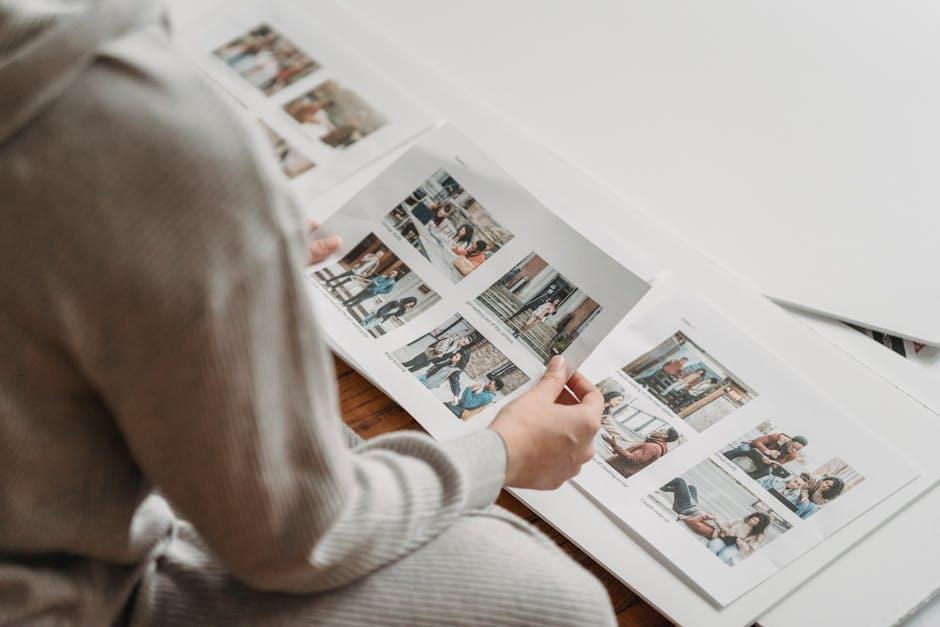28 Years Later: Danny Boyle’s New Zombie Flick Was Shot on an iPhone 15
In a groundbreaking move that is bound to revolutionize the world of filmmaking, renowned director Danny Boyle has taken a bold step by shooting his latest film entirely on an iPhone 15. Titled “28 Years Later,” this new zombie flick has already generated immense excitement among movie enthusiasts and cinephiles alike.
Known for his visually stunning and innovative films like “Slumdog Millionaire” and “Trainspotting,” Boyle has always embraced technology to enhance storytelling. However, his choice to shoot an entire feature film on a smartphone marks a significant departure from traditional filmmaking methods.
The decision to utilize an iPhone 15 for shooting “28 Years Later” stems from Boyle’s desire to capture a gritty and intimate perspective, allowing the audience to immerse themselves fully in the post-apocalyptic world he has created. The enhanced camera and video capabilities of the iPhone 15 provide him with the flexibility and creative control needed to bring his vision to life.
Boyle’s choice has raised eyebrows and sparked many discussions within the industry, questioning the legitimacy and quality of a film shot solely on a smartphone. However, this bold move not only challenges the boundaries of conventional filmmaking but also demonstrates how advancements in technology can democratize the art form.
Gone are the days when expensive and bulky camera equipment was a necessity for creating visually stunning motion pictures. Boyle’s decision showcases the possibilities that lie in every pocket, with smartphones becoming increasingly powerful tools for filmmaking.
The iPhone 15’s camera boasts a myriad of features, including improved low-light capabilities, ultra-high resolution, and advanced image stabilization. These features, when combined with Boyle’s visual prowess and innovative storytelling, promise to push the boundaries of what can be achieved with smartphone filmmaking.
The practical advantages of shooting on an iPhone 15 are undeniable. The compact nature of the device allows for increased mobility, granting Boyle the freedom to explore and capture scenes in ways that traditional cameras may not permit. Such flexibility allows for a more organic and spontaneous shooting approach, lending an authentic feel to the film.
Moreover, the affordability of a smartphone compared to professional film cameras eliminates budget constraints that often accompany large-scale productions. This opens up opportunities for aspiring filmmakers with limited resources to create impactful stories, as the tools for cinematic storytelling become more accessible than ever before.
Boyle’s decision also sends a message about sustainability and environmental consciousness in the film industry. The carbon footprint associated with traditional filmmaking equipment can be significant. By embracing smartphone filmmaking, Boyle exemplifies the potential benefits of reducing both the consumption of resources and the waste generated during production.
As “28 Years Later” hits theaters worldwide, it is poised to become a cinematic milestone, captivating audiences and sparking conversations about the future of filmmaking. Boyle’s groundbreaking choice to shoot the entire film on an iPhone 15 is a testament to his ability to adapt and embrace new technologies, affirming that innovation and creativity know no bounds.
As technology continues to evolve, it is only a matter of time before more filmmakers experiment with smartphone-based productions and push the boundaries of what is considered possible in the world of cinema. Boyle’s decision to shoot “28 Years Later” on an iPhone 15 may very well mark the beginning of a new era in filmmaking, where anyone with a smartphone can become a storyteller, and every story can be told in a visually stunning and impactful way.
Hey Subscribe to our newsletter for more articles like this directly to your email.
